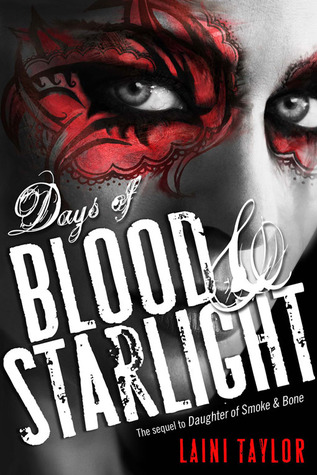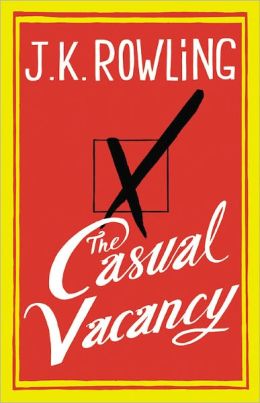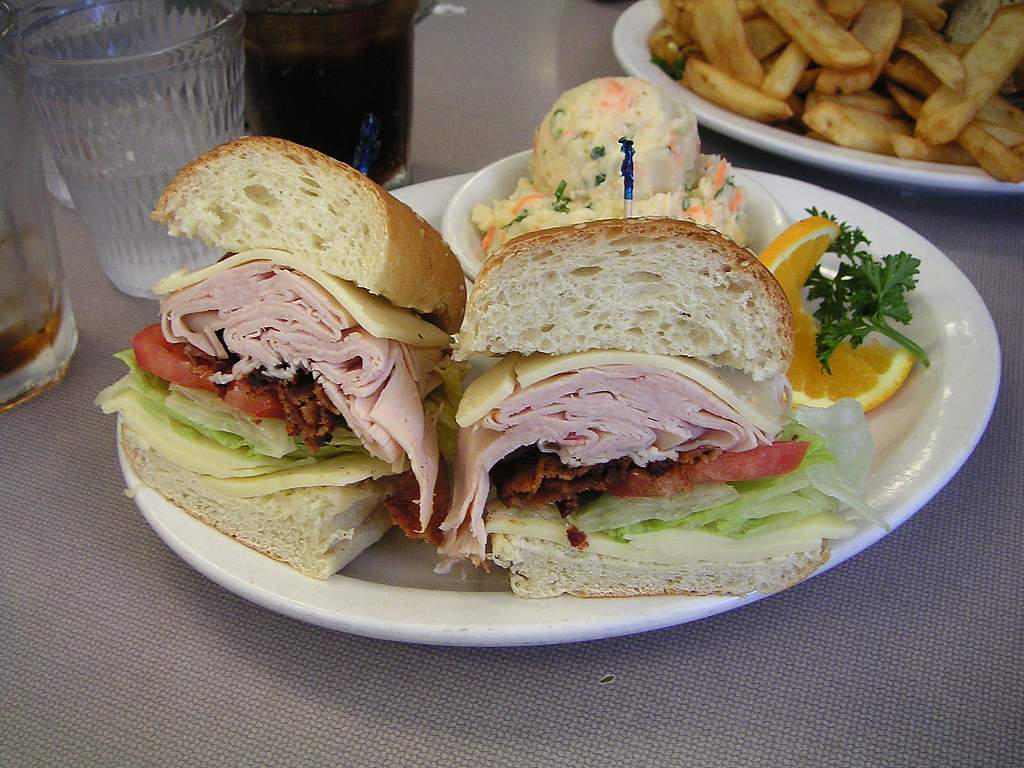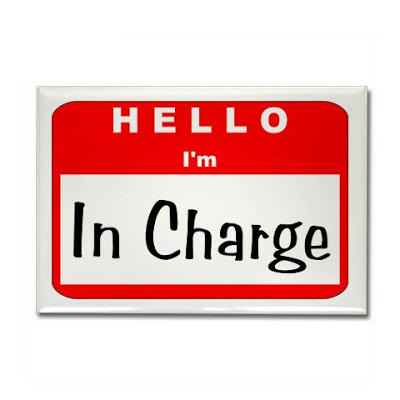As you may recall, I've been doing my own NaNo thing for the month of January. My goal was to write 50,000 words by the end of the month.
As of last night, I'm at 49,181. Barring any ridiculous circumstances that would prevent me from writing only 400 words for the next two days, I think I can safely say I'm going to make my goal!
- 1613 words per day is really not that many words. On average, I'd say it took me one and a half to two hours. My preference was to spread the time out over the course of the day. The writing felt much less difficult/sloggy when I spread the time out over fifteen or twenty minute intervals.
- Stopping when I hit the word count, even if I felt like I could go much longer, was crucial for my forward progress. It was so much easier to start my words the next time, since it wasn't hard to pick up the momentum from the day before. And this helped me avoid burnout or feeling like I needed a break between writing days.
- I'm a planner rather than a pantser, so having an outline before I started was vital. Even with my very detailed outline, there were still places I could have done better—on several days, I lost precious writing time researching or figuring out plot points I should have worked out earlier.
- I got my friends and family on board before I started. This way everyone understood if I said I had to bow out of something because my daily target hadn't been met yet.
- The absolute best motivation for me was entering my word count into my WriteTrack counter every day and watching the graphs climb. There was one hectic day where I only managed to get to 75% of my word target for the day—and I was so upset that my pretty graph looked crappy that I worked really hard to get my numbers up again!
I'm really happy I'm on track to meet the goal I set for myself, but more importantly, writing has become a daily habit for the first time in my life. This is true to the point where I'm even contemplating maintaining my January schedule into February, at least until the first draft of this WIP is done.
If you want to make writing a daily habit too, try your own NaNo! It's easier than you think.





















